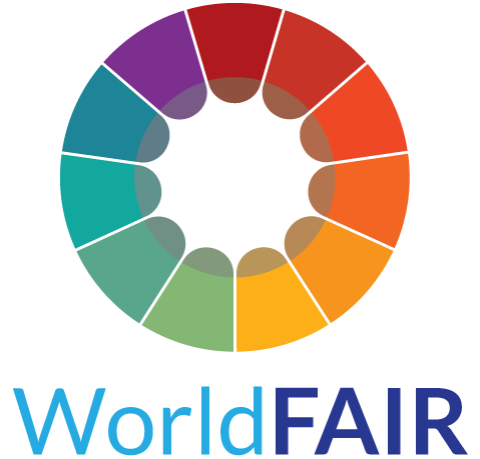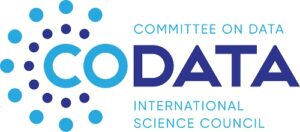 28 June 2023, 13:00 – 14:30 UTC
28 June 2023, 13:00 – 14:30 UTC
Register now: https://zoom.us/meeting/register/tJEqd-yhqTksEtw4ptGBxmSulxlfRbS_V4L-#/registration
Presenters: Simon Hodson, Arofan Gregory
WorldFAIR is a coordinated and broad-based effort to explore the realities of FAIR implementation across a large range of different research domains and important cross-domain research areas. The FAIR principles rely on standards to describe data and metadata, and if the promise of FAIR is to be achieved, these standards must be agreed and adopted both within and across domains. The methodology used in WorldFAIR employs FAIR Implementation Profiles (FIPs) and other techniques for understanding what resources enable FAIR within each of the domain Case Studies in the project. This input is then considered by a group of standards experts in light of common standards which can be used universally, cutting across domain boundaries.
 The emerging result is a metadata ‘lingua franca’, designed to support a number of critical functions in the realisation of FAIR across domains: the Cross-Domain Interoperability Framework (CDIF). The CDIF is a set of recommended, existing standards and implementation approaches which builds on identified domain practice to support key functions, including resource discovery, access to controlled data, and integration and reuse of data from disparate sources. Designed to support machine-actionability to the greatest possible extent, CDIF can be adopted progressively, building on the FAIR-enabling resources and standards identified by the Case Studies for their domains.
The emerging result is a metadata ‘lingua franca’, designed to support a number of critical functions in the realisation of FAIR across domains: the Cross-Domain Interoperability Framework (CDIF). The CDIF is a set of recommended, existing standards and implementation approaches which builds on identified domain practice to support key functions, including resource discovery, access to controlled data, and integration and reuse of data from disparate sources. Designed to support machine-actionability to the greatest possible extent, CDIF can be adopted progressively, building on the FAIR-enabling resources and standards identified by the Case Studies for their domains.
The coordination and synthesis activity in WorldFAIR (Work Package 2) will produce a draft of the CDIF recommendations, but will also document other significant findings from this analysis: how can ‘domain-sensitive’ FAIR assessment really be carried out in practice? What issues emerge as the most important for enabling FAIR, both within and across domains, and what policy measures can be taken to support FAIR implementation into the future? Ultimately, this impacts the necessary culture around data management, emphasising the need for more granular data description and richer metadata describing data provenance and processing.
This webinar describes the methodology developed by WorldFAIR for performing this analysis, and summarises the findings, in terms of the initial assessment with FIPs, and covering the work-to-date on the development of the CDIF recommendations. Emerging policy implications and impacts on data management practice are also described.
The program for the webinar is as follows:
WorldFAIR’s use of FAIR Implementation Profiles (FIPs) (Simon Hodson)
- What is a FIP?
- The role of FIPs fit in the WorldFAIR Methodology
- How WorldFAIR Case Studies have been using FIPs
- What we learnt? Findings and recommendations
FIPs and the Cross-Domain Implementation Framework (Arofan Gregory)
CDIF
- CDIF as a ‘lingua franca’ (what it is, and what it is not)
- FIPs and CDIF as a basis for domain-sensitive FAIR assessment
- Publishing FIPs and alignment
In advance of the webinar, the following resources may be of interest:
- FAIR Implementation Profiles (FIPs) in WorldFAIR: What Have We Learnt? (D2.1): https://doi.org/10.5281/zenodo.7378109
- First WorldFAIR Policy Brief (D1.3): https://doi.org/10.5281/zenodo.7853170
- Presentations from the WorldFAIR CDIF workshop at the RDA Plenary on 20 March: https://worldfair-project.eu/2023/03/22/the-worldfair-projects-cross-domain-interoperability-framework-2/
